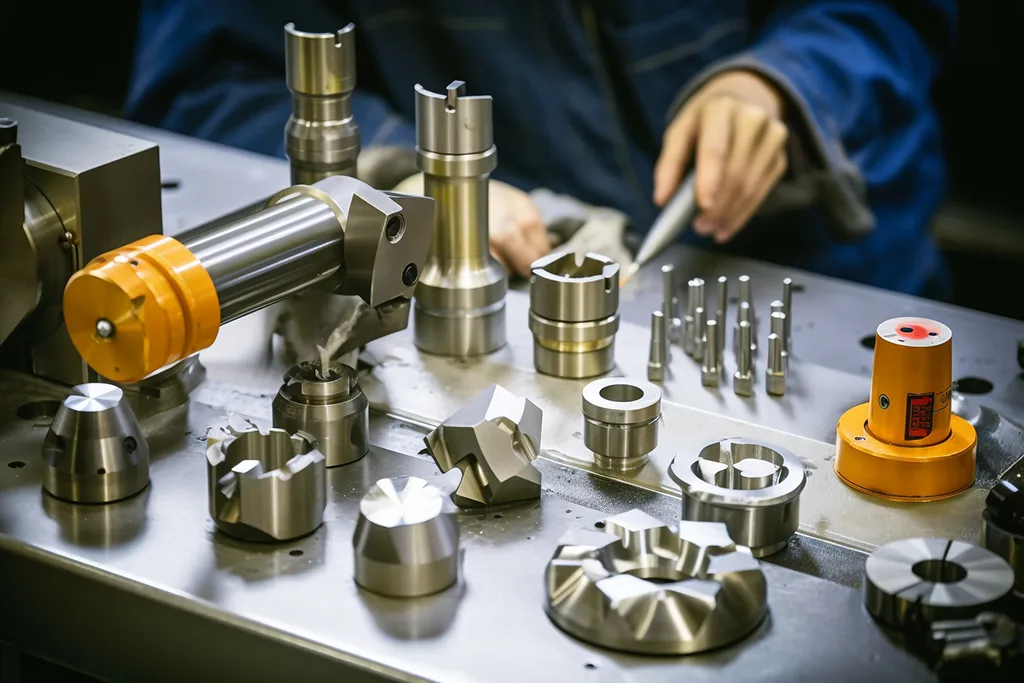In the realm of manufacturing, precision machining stands as a pillar of innovation, consistently pushing the boundaries of what is possible. This advanced technique not only enhances product quality but also enables the creation of components that were once deemed impossible. Here's how precision machining challenges and surpasses traditional manufacturing boundaries:
 1.Achieving Unparalleled Accuracy
1.Achieving Unparalleled Accuracy
First and foremost, precision machining excels in achieving accuracy levels that were previously unattainable. With advancements in technology, machines can now operate with tolerances measured in micrometers, ensuring that every part fits perfectly. This level of precision allows for the manufacture of intricate designs and complex assemblies, challenging the limitations of conventional manufacturing methods.
2.Enabling Complex Geometries
Moreover, precision machining has the capability to produce parts with complex geometries. Whether it's through 5-axis milling, EDM, or other advanced techniques, these machines can create shapes and features that were once the realm of science fiction. This ability to work with intricate designs expands the horizon of product possibilities, enabling manufacturers to surpass traditional design boundaries.
3.Enhancing Material Utilization
Another significant advantage of precision machining is its efficient use of materials. By employing techniques like waterjet cutting and laser engraving, waste is minimized, and material yield is maximized. This not only reduces costs but also aligns with the growing trend of sustainable manufacturing. By challenging the norm of material-intensive processes, precision machining leads the way in eco-friendly production.
4.Facilitating Rapid Prototyping
In the fast-paced world of product development, time is of the essence. Precision machining facilitates rapid prototyping, allowing manufacturers to quickly bring concepts to life. This capability enables iterative design processes, enabling continuous improvement and innovation. By surpassing the limitations of traditional prototyping methods, precision machining accelerates the journey from concept to market.
4.Integrating with Advanced Technologies
Furthermore, precision machining seamlessly integrates with advanced technologies such as automation, AI, and IoT. These integrations enhance process control, improve quality assurance, and enable predictive maintenance. By leveraging the power of these technologies, precision machining transcends traditional manufacturing boundaries, setting a new standard for efficiency and reliability.
In conclusion, precision machining is a game-changer in the manufacturing industry. By achieving unparalleled accuracy, enabling complex geometries, enhancing material utilization, facilitating rapid prototyping, and integrating with advanced technologies, it consistently challenges and surpasses traditional boundaries. As technology continues to evolve, the possibilities with precision machining will only expand, further driving innovation and progress in manufacturing.
Comments on “Precision Machining: Challenging and Surpassing Manufacturing Boundaries”